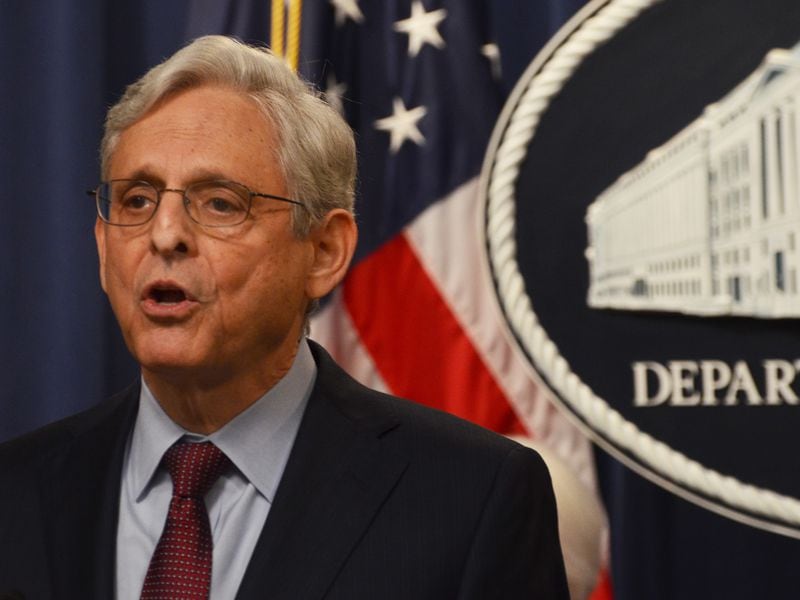The spot ETF catalyst for bitcoin has faded, putting added import on macro factors
Inflation data coming Tuesday and Wednesday is likely to set at least the short-term tone for the market.
Bitcoin (BTC) has managed a modest rally over the past 72 hours after an ugly close to last week, but three major economic reports later this week are among the factors that will likely set off more volatility.
At press time, the world’s largest crypto was trading at $62,700, up 2% over the past 24 hours, according to CoinDesk data, and ahead 4% from Friday’s low. The broader CoinDesk 20 Index was higher by 1.25% over the past 24 hours.
With spot bitcoin ETF buying slowing to a near halt and even going net negative on some days, macro catalysts have taken on greater importance of late. That was evident Friday morning U.S. hours when an unexpected rise in consumer inflation expectations combined with hawkish remarks from Dallas Fed President Lori Logan to send bitcoin tumbling $3,000 in minutes from the $63,300 level.
The next negative or positive catalysts are likely to come from U.S. inflation reports, namely the Producer Price Index (PPI) set for release on Tuesday at 8:30 a.m. ET and the Consumer Price Index (CPI) 24 hours later.
Of the two, the CPI report is of more import and economists are forecasting that gauge to have risen 0.4% in April, in line with the March advance. The annual pace of headline CPI is seen slowing to 3.4% from 3.5% in March. The so-called core CPI – which strips out food and energy costs – is expected to rise 0.3% in April versus 0.4% in March, with the annual pace falling to 3.6% from 3.8%.
It’s stubbornly high inflation which has thrown a wrench into market expectations for a series of Federal Reserve rate cuts in 2024. To date, there have been exactly zero rate cuts and markets are now pricing in an 11% chance the Fed sits on its hands for the remainder of the year, according to CME FedWatch. Another fast inflation report might not just have traders abandoning hope of any easier monetary policy in 2024, but could have them begin to price in odds of the Fed’s next move being an increase in benchmark rates.
Wednesday will also bring the U.S. government’s retail sales report for April, which shouldn’t be overlooked as an important data point. Alongside high inflation, the U.S. economy has shown little sign that it’s in need of lower rates. Though there’s been a modest slowdown of late, employment gains continue to impress each month and the retail sales numbers show healthy consumer spending.
Economist forecasts are for retail sales to have grown 0.4% in April versus 0.7% in March. Ex-auto and gas, retail sales in April are seen rising just 0.1% versus 1.0% in March.
Investors will also get to hear from Fed Chair Jerome Powell, who at 10 a.m. ET on Tuesday is scheduled to take part in a moderated discussion with Dutch central bank Governor Klaas Knot at the annual general meeting of the Foreign Bankers’ Association in Amsterdam. Powell earlier in May brushed off ideas that the U.S. economy risked falling into “stagflation” – a term made famous during the 1970s that signifies slow or negative economic growth combined with speedy inflation.
“I see no ‘stag’ nor ‘flation,” said Powell at a press conference on May 1. Market participants may want to tune in on Tuesday to see if recent data is changing his mind.


























